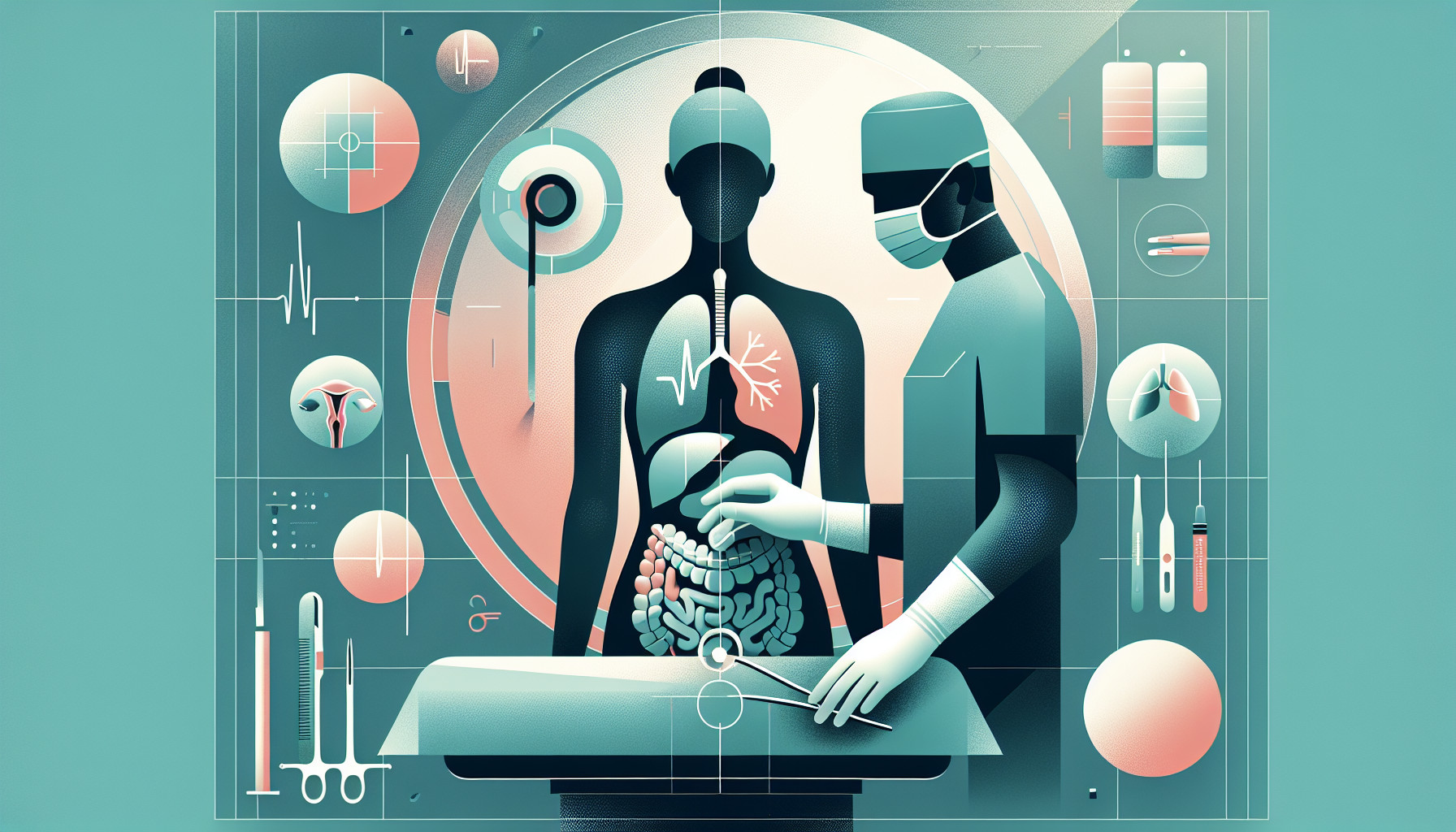Our Summary
After you get a rotator cuff repair, it’s common to experience stiffness in your shoulder. In the past, doctors thought this was a bad thing and would often use additional treatments to get rid of it. However, recent research has found that this stiffness might actually be helping your shoulder heal. In fact, if your shoulder gets stiff after the surgery, your chances of healing completely are even better. Over time, the stiffness tends to go away on its own. So, it seems like the stiffness is a normal part of the healing process and is actually helpful, not harmful.
FAQs
- Is it common to experience stiffness in the shoulder after a rotator cuff repair?
- Is stiffness after a rotator cuff repair beneficial for the healing process?
- Does the stiffness experienced after a rotator cuff repair go away over time?
Doctor’s Tip
It’s important to follow your doctor’s instructions for physical therapy and rehabilitation exercises to help regain strength and flexibility in your shoulder. It’s also important to avoid any activities that could potentially re-injure your shoulder during the healing process. Be patient and allow your shoulder the time it needs to fully recover. If you have any concerns or experience any unusual symptoms, be sure to contact your doctor for further guidance.
Suitable For
Patients who are typically recommended for rotator cuff repair are those who have a torn rotator cuff that is causing significant pain, weakness, and limited range of motion in the shoulder. These tears can be caused by injury, overuse, or degeneration over time.
Other factors that may indicate a need for rotator cuff repair include:
- Failure to improve with conservative treatments such as physical therapy, rest, and anti-inflammatory medications
- Severe pain that affects daily activities and quality of life
- Loss of strength and function in the shoulder
- Tears that are large or complex in nature
- Young, active individuals who want to return to sports or physical activities
Ultimately, the decision to undergo rotator cuff repair will be based on the severity of the tear, the patient’s overall health and activity level, and their goals for treatment. It is important to consult with a qualified orthopedic surgeon to determine the best course of action for your specific case.
Timeline
Before rotator cuff repair:
- Patient experiences shoulder pain, weakness, and limited range of motion.
- Patient may undergo physical therapy, cortisone injections, or other non-surgical treatments to manage symptoms.
- Imaging tests such as MRI may be done to confirm the diagnosis of a rotator cuff tear.
- Patient and doctor decide on the need for surgery, considering the severity of the tear and the patient’s overall health.
After rotator cuff repair:
- Patient undergoes rotator cuff repair surgery, either arthroscopic or open procedure.
- Patient wears a sling for a period of time to protect the shoulder and allow for healing.
- Physical therapy is started to regain strength and range of motion in the shoulder.
- Patient may experience stiffness in the shoulder as it heals, which is a normal part of the process.
- Over time, stiffness decreases and the shoulder gradually returns to normal function.
- Full recovery can take several months, with ongoing physical therapy and exercises to maintain strength and prevent re-injury.
What to Ask Your Doctor
Some questions a patient should ask their doctor about rotator cuff repair may include:
- What type of rotator cuff tear do I have and what are my treatment options?
- What are the risks and benefits of surgery versus non-surgical treatment for my specific case?
- What is the success rate of rotator cuff repair surgery and what can I expect in terms of recovery time?
- What are the potential complications or side effects of the surgery?
- Will I need physical therapy after the surgery and how long will it last?
- What restrictions or limitations will I have after the surgery and for how long?
- How soon can I expect to return to normal activities or sports?
- Are there any specific exercises or lifestyle changes I should make to help prevent future rotator cuff injuries?
- Will I need any follow-up appointments or imaging to monitor my progress?
- Are there any alternative or complementary treatments that may help with my recovery?
Reference
Authors: Murrell GAC. Journal: Arthroscopy. 2024 Aug;40(8):2195-2196. doi: 10.1016/j.arthro.2024.02.038. Epub 2024 Mar 7. PMID: 38460767
